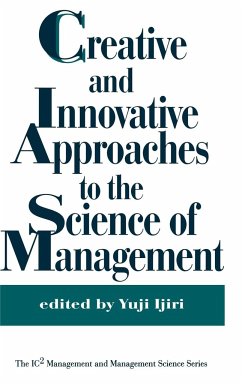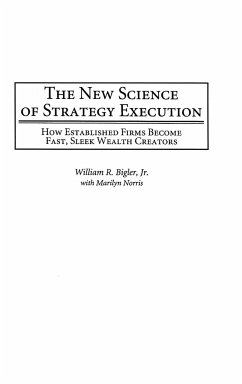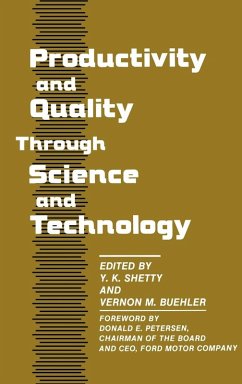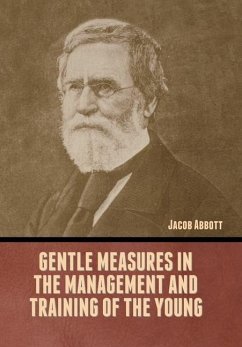
Management Science Knowledge
Its Creation, Generalization, and Consolidation
Versandkostenfrei!
Versandfertig in 1-2 Wochen
88,99 €
inkl. MwSt.

PAYBACK Punkte
44 °P sammeln!
The science of management needs the kind of integrative thought given the science of chemistry by a Russian named D.I. Mendeleyev in 1889. Before Mendeleyev developed the periodic table, chemists knew of many seemingly unrelated elements just as management scientists today know of many seemingly unrelated models. This book discusses, classifies, and illustrates the various strategies and tactics for creating new knowledge, and for unifying, consolidating, and/or generalizing upon existing knowledge in the management sciences. Through generalization and systematization, it shows the interconnec...
The science of management needs the kind of integrative thought given the science of chemistry by a Russian named D.I. Mendeleyev in 1889. Before Mendeleyev developed the periodic table, chemists knew of many seemingly unrelated elements just as management scientists today know of many seemingly unrelated models. This book discusses, classifies, and illustrates the various strategies and tactics for creating new knowledge, and for unifying, consolidating, and/or generalizing upon existing knowledge in the management sciences. Through generalization and systematization, it shows the interconnections, interrelations, and limitations of the various subdisciplines. Such knowledge is thus made more user-friendly, easier to learn to assimilate and hence to teach and to use. Each of the philosophical, strategic, and tactical concepts discussed are amply illustrated. The illustrations reflect the breath of management science, both theory and applications. Much of the text, by design, is sourced from refereed journals serving archival functions in the various subareas of management science. This book is intended for graduate students about to enter the less structured and ill-defined world of research, and as a guide for their mentors. Project managers in industry and government who forever have to face ill-defined and unstructured problems may derive much benefit from the systematic approaches to problem solving discussed in this book. Lastly, the book is intended for funding agency executives as a means of improving the classification of research proposals. The book should enable future textbook authors to present their material in a much more unified fashion allowing the readers/students to see each bit of new material presented in its proper context.












